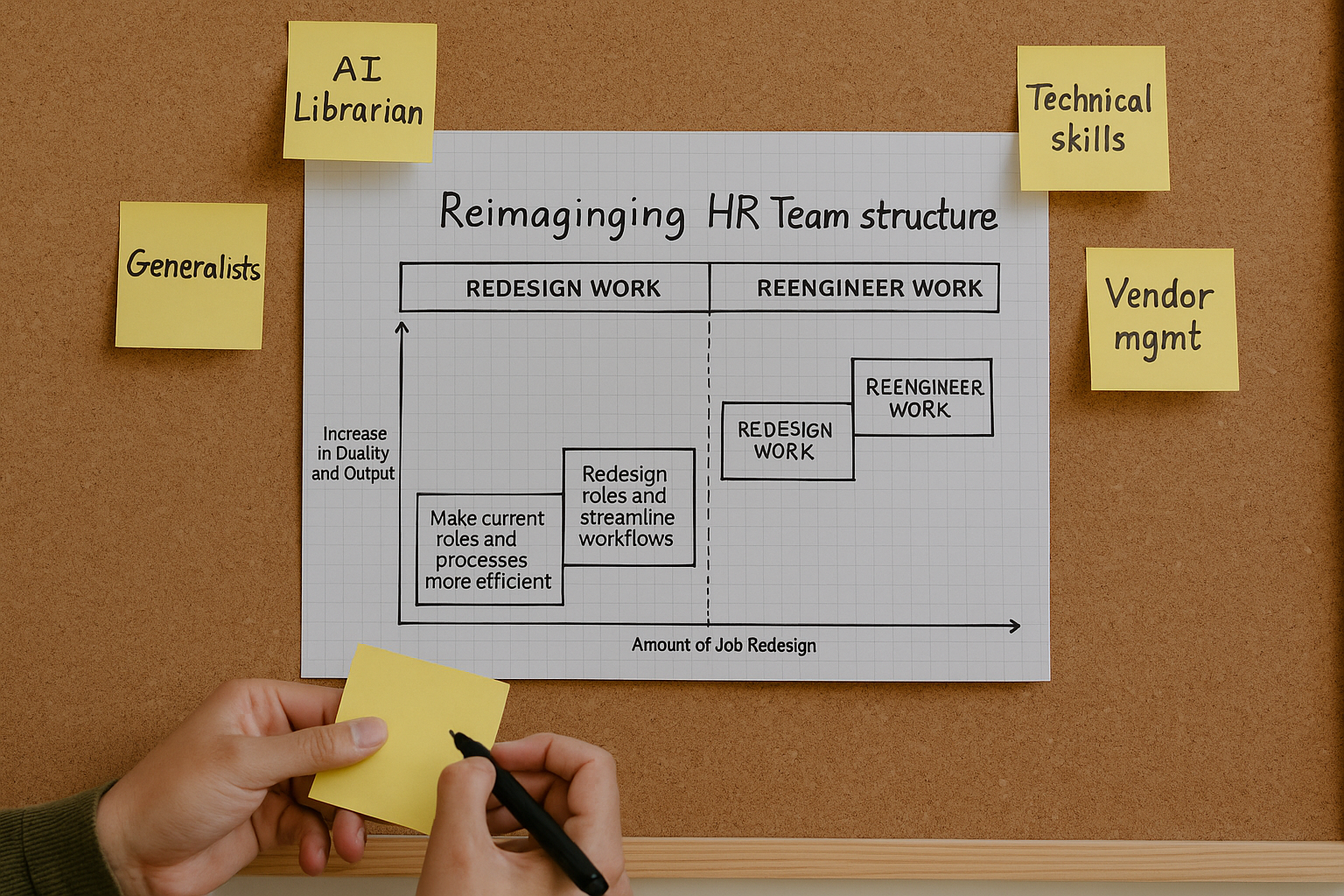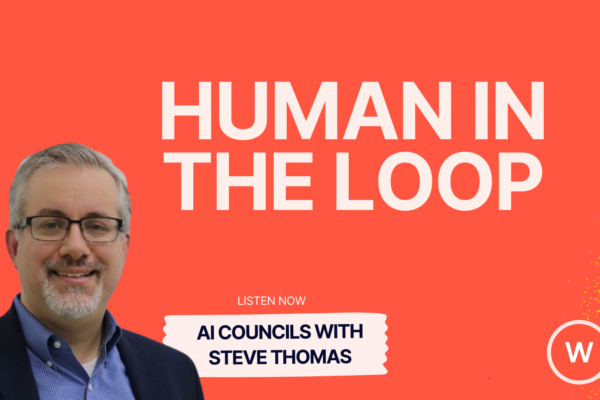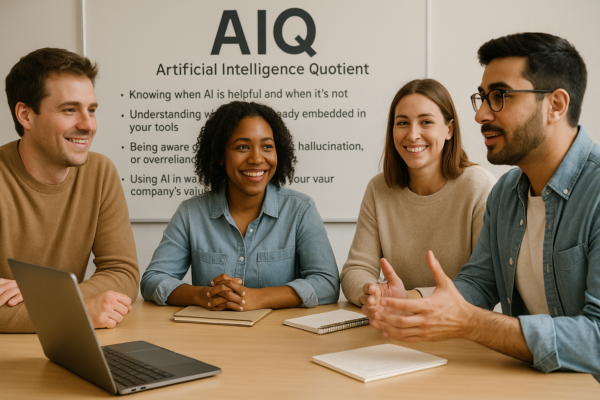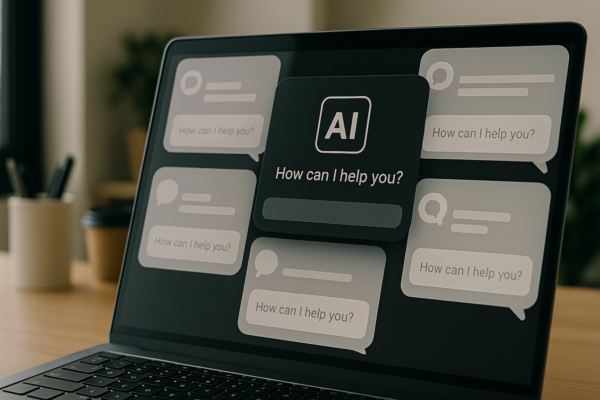Currently, most conversations among HR teams revolve around AI, focusing on the starting line: how do we begin? What tools should we try first? Who should lead the charge?
But there’s a bigger question that’s rarely asked: what does the end state look like? If we’re building toward an AI-native HR team, what exactly are we building?
It’s probably not just HR-as-usual with AI on top
The default mental model for many HR teams is: today’s org chart, just smaller and faster, with a few AI tools layered in. Perhaps some AI-augmented generalists can answer more questions, process more requests, and support a larger number of employees.
But that view may be too narrow. AI in HR isn’t just about acceleration. It’s about reconfiguration.
Take a cue from Josh Bersin’s “Superjobs” and “AI-enabled Superworkers” frameworks. These roles are reshaped, not just supercharged. HR roles will evolve in kind.
New HR roles
One role that’s already emerging: the AI Librarian. This isn’t a traditional content manager. It’s someone responsible for designing and curating the internal knowledge base your AI tools rely on, structured documents, decision trees, labeled workflows, and contextual exceptions.
If you’re spending time tweaking your SharePoint layout, stop. That’s not your future. Instead, consider how to tag policies so that your HR assistant can answer questions like “Can I take PTO during my probation period?” with a full understanding of the employee’s context.
From specialists to empowered generalists
Traditionally, HR departments are structured around functional silos, including benefits, payroll, compliance, and onboarding. Each domain requires deep expertise. But with AI tools like Winslow, those deep answers become accessible to every HR teammate, instantly and accurately.
This isn’t just knowledge base search. It’s contextual support that:
- Knows who’s asking the question
- References their location, role, and employment type
- Factors in past interactions and company decisions
Over time, your HR generalists become capable of handling a wider range of issues with confidence, because AI is their copilot, not their replacement.
Technical skills become table stakes
The announcement that Moderna merged its HR and IT departments raised eyebrows, but the signal is strong. HR isn’t just people-first anymore. It’s becoming product-first, where software selection, integration, and orchestration are core capabilities.
In this model, the strategic HR skillset starts to look like:
- Vendor evaluation and RFP development
- API fluency and data mapping
- Change management for AI-powered tools
- Process automation and optimization
If your team isn’t fluent in the systems powering your people, you’ll fall behind.
A simple framework for rethinking your HR team’s future
Ask yourself:
- What work should AI do first? Start with high-volume, low-complexity questions and processes.
- What roles will emerge as AI continues to scale? Think about librarians, AI trainers, and integration leads.
- What capabilities will my team need to build? Look for technical confidence, not just HR experience.
- What’s our actual vision for an AI-first department? Is it just leaner, or is it fundamentally different?
This kind of thinking reframes AI from a support tool to a strategic axis.
The Winslow perspective on AI for HR
Winslow is built to support this kind of transition. We help HR teams automate repetitive tasks by connecting directly to your internal tools and policies. Every answer is based on your real-world data—your PTO policies, your compliance rules, your past decisions.
We believe the future of HR is:
- Integrated: Seamless across Slack, Teams, Outlook, and HRIS
- Contextual: Answers based on who’s asking, not just what they asked
- Evolving: A teammate that improves over time, not a tool you outgrow
- Secure: Private by default, encrypted end-to-end, and SOC 2 compliant
And if you’re ready to discuss how Winslow can help your team achieve its desired destination, we’d be delighted to show you.




